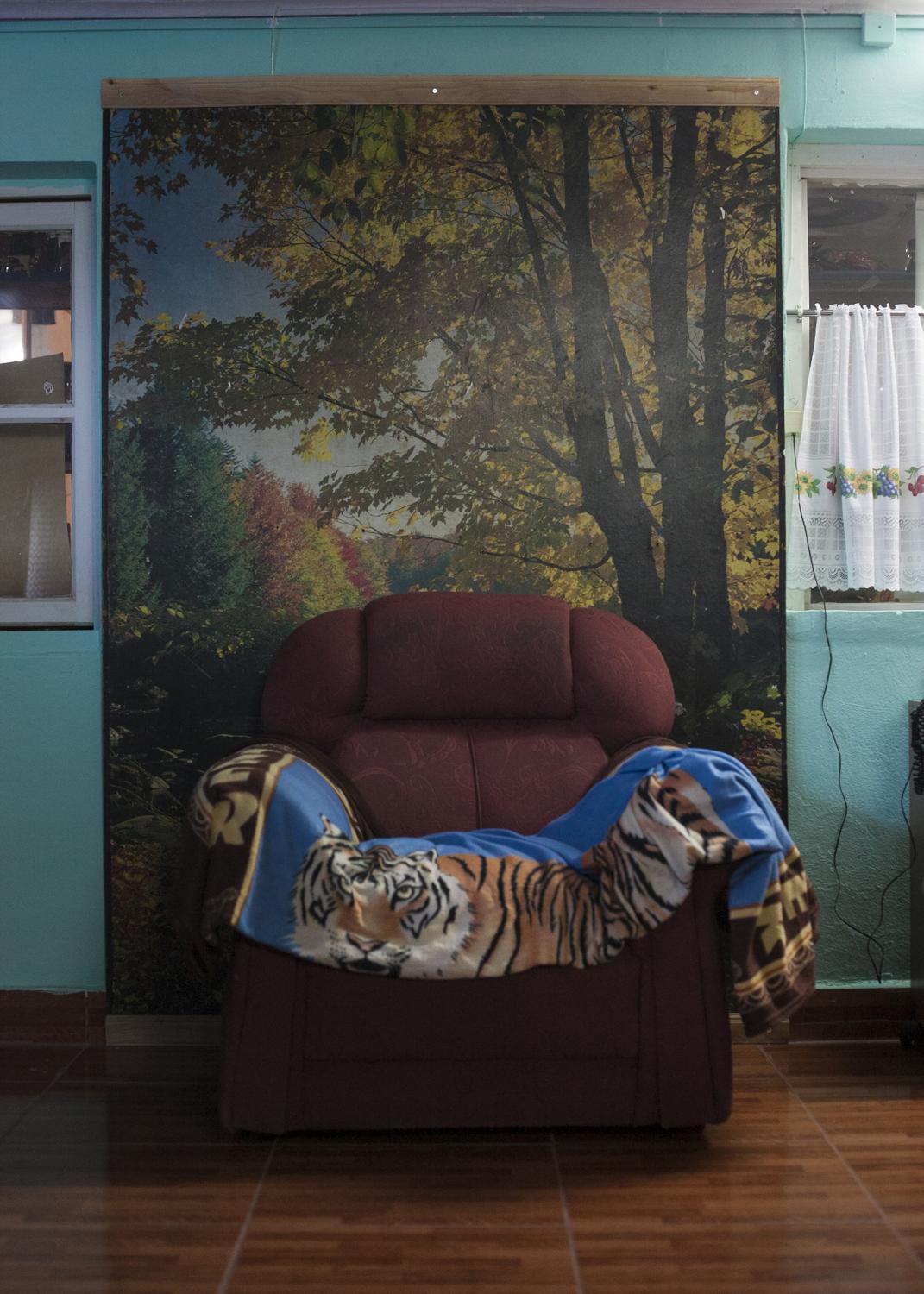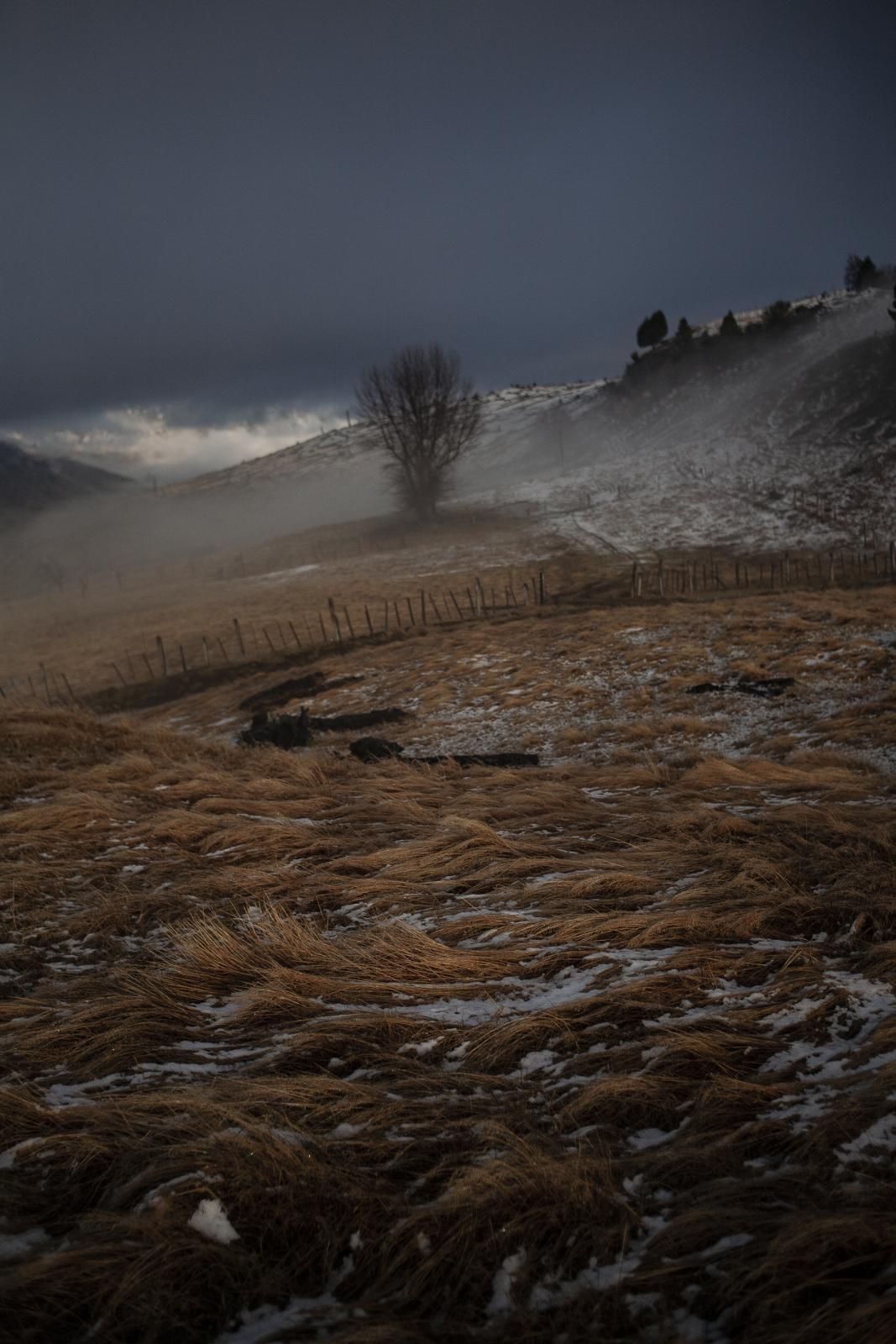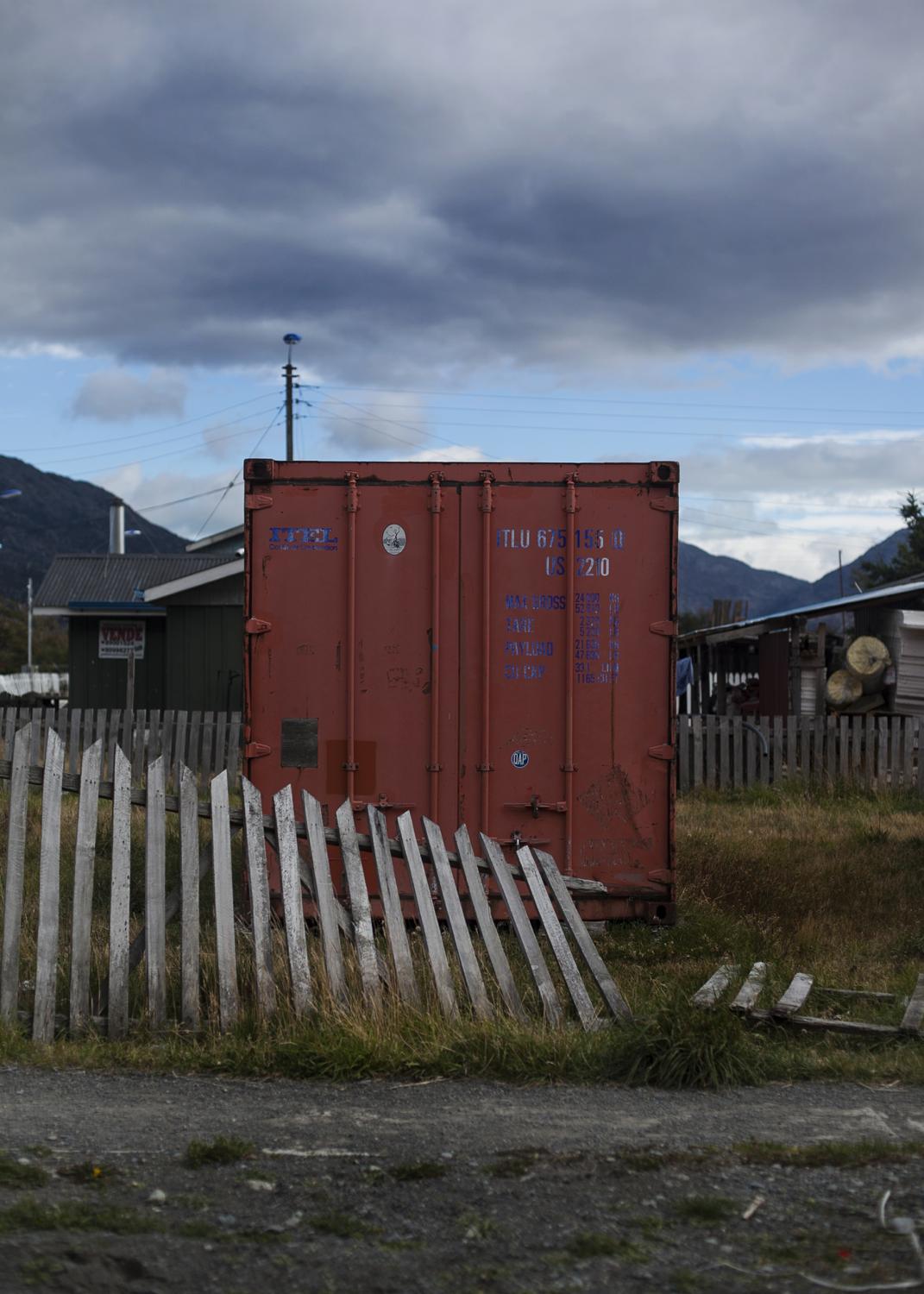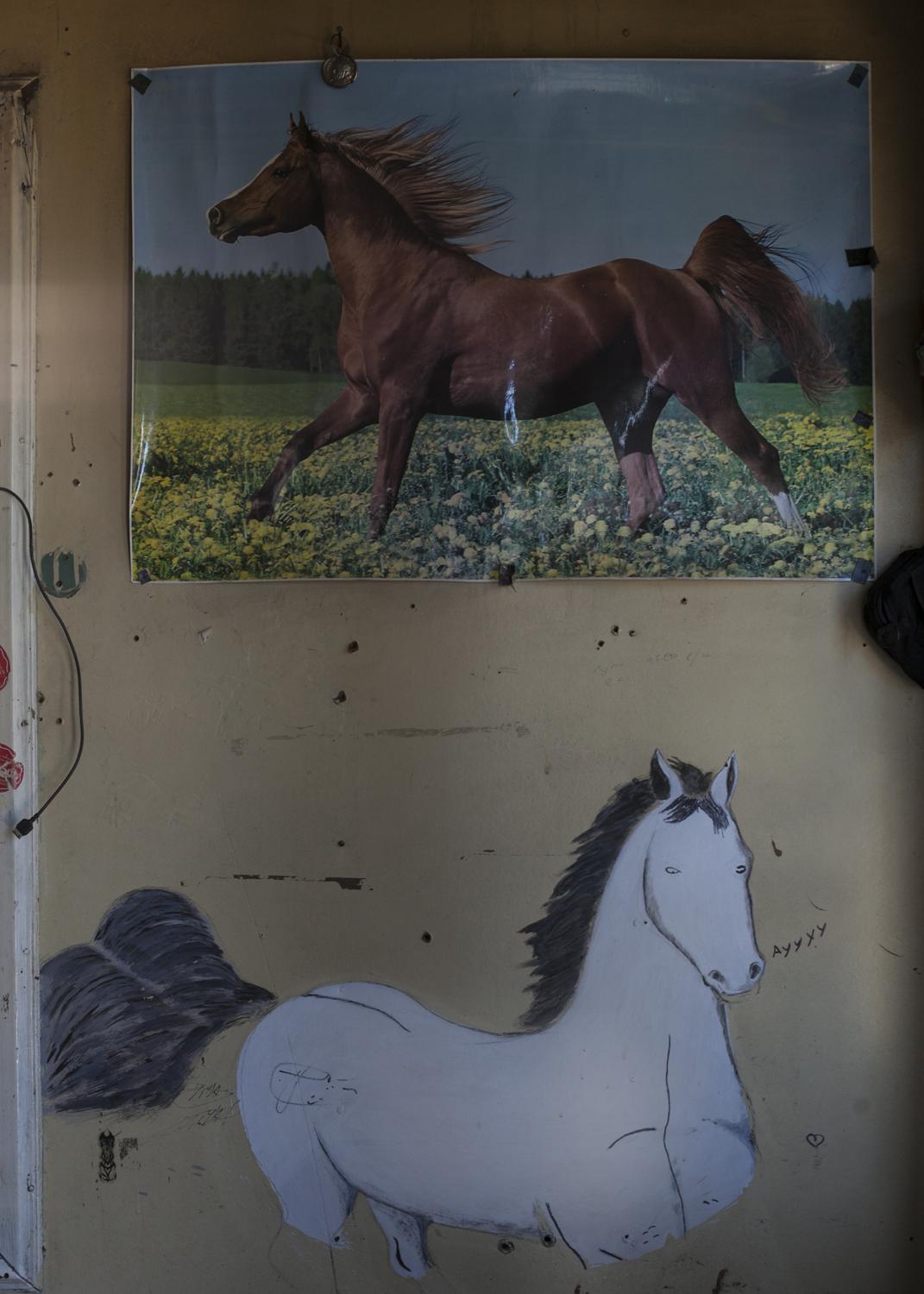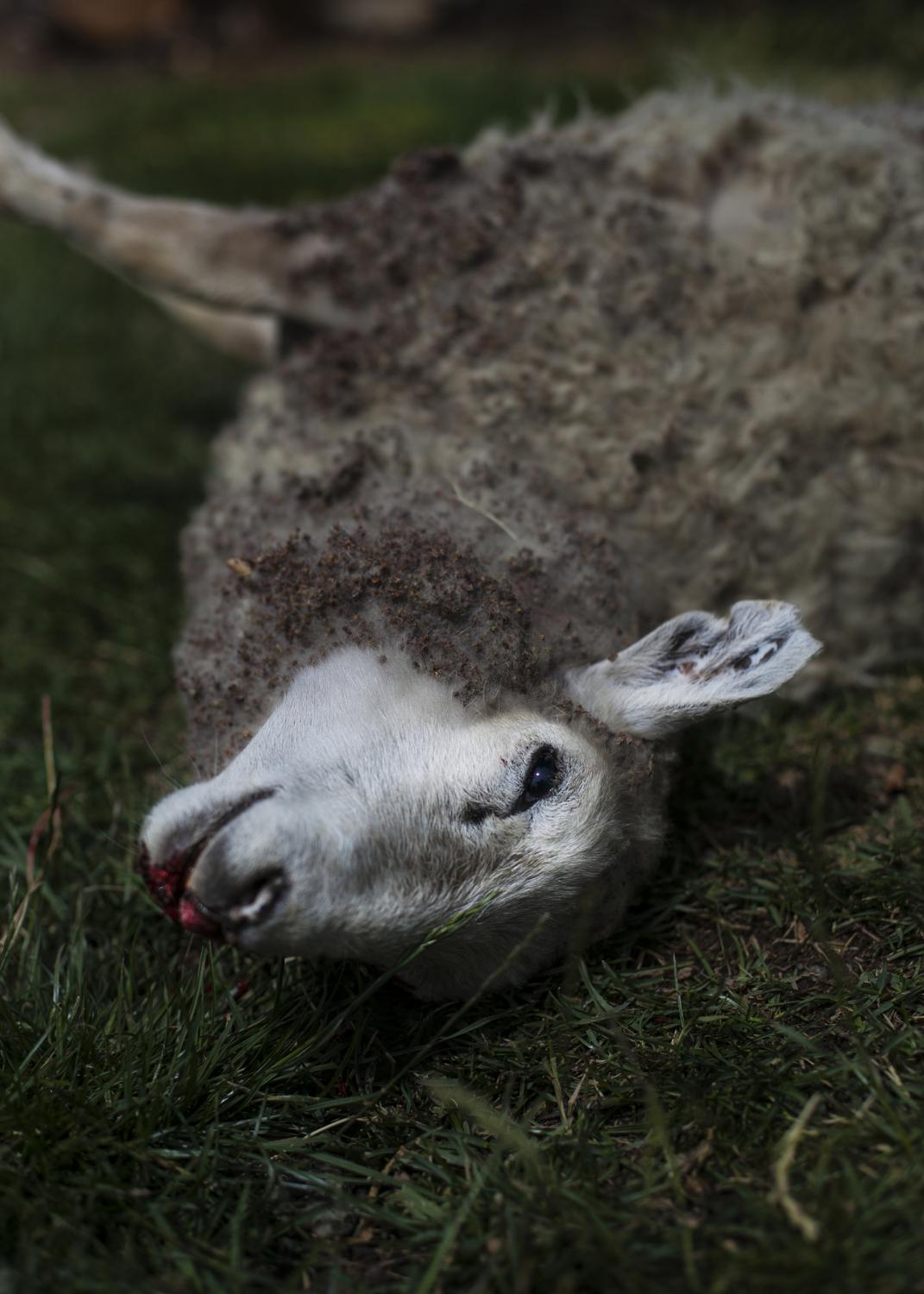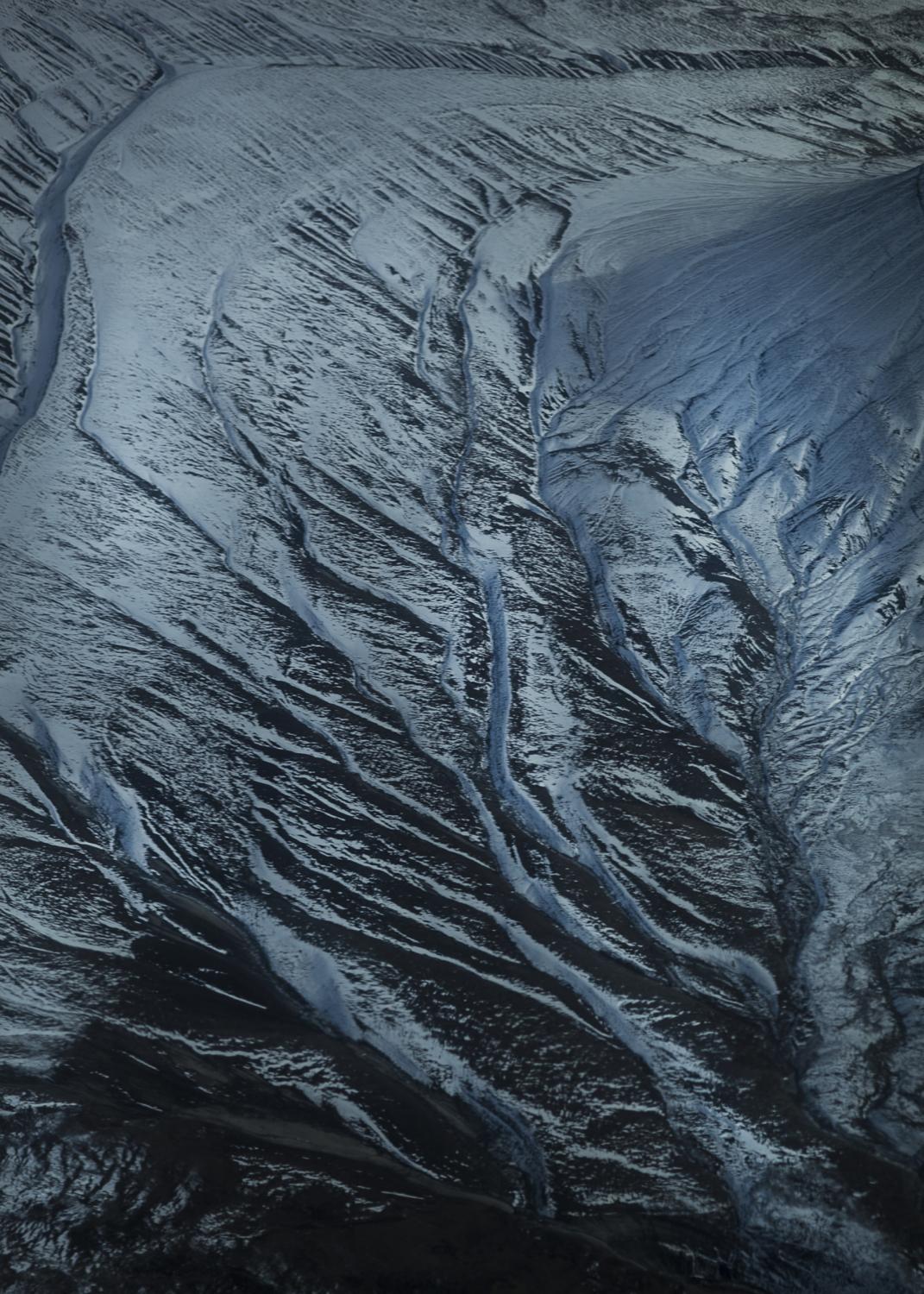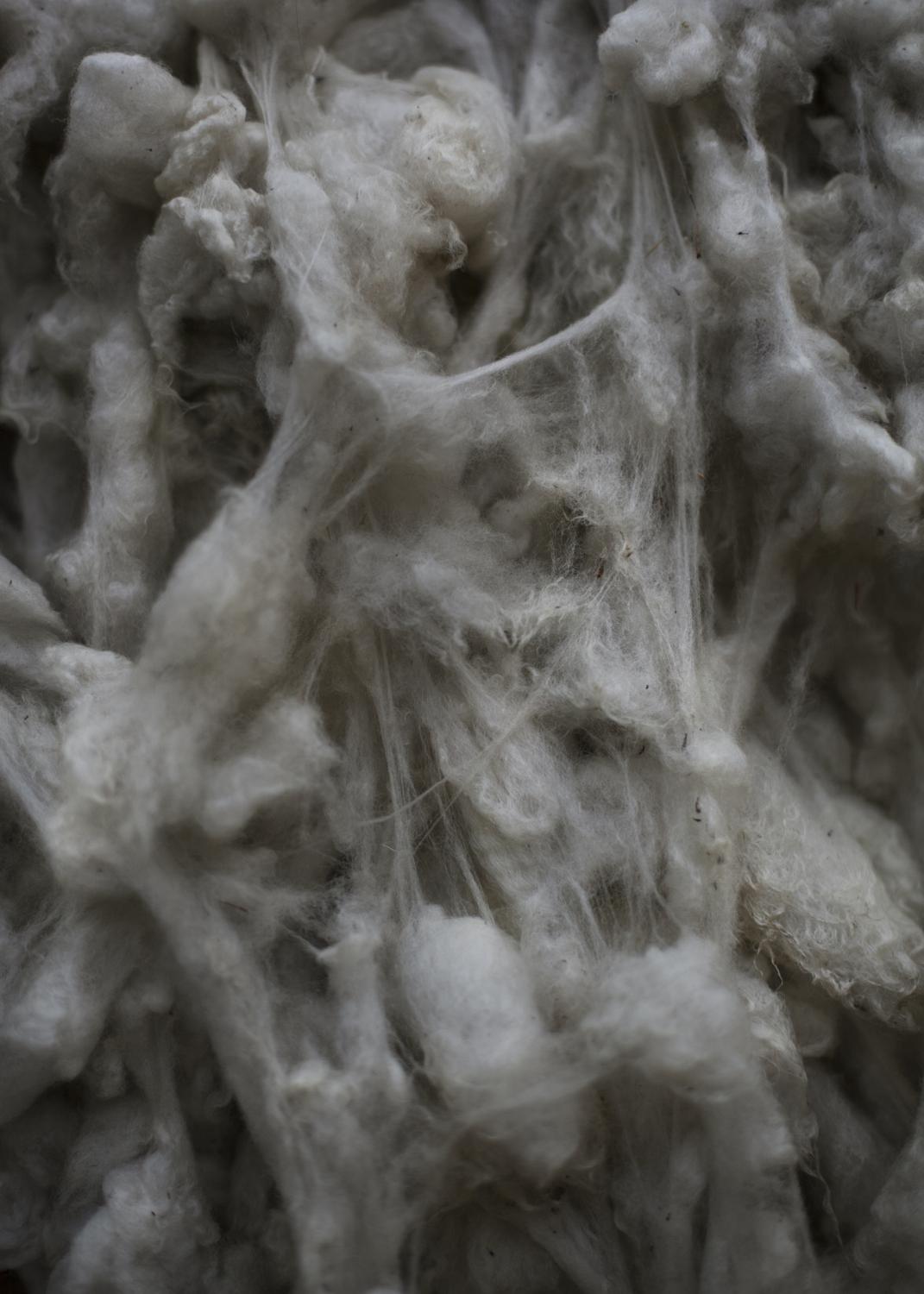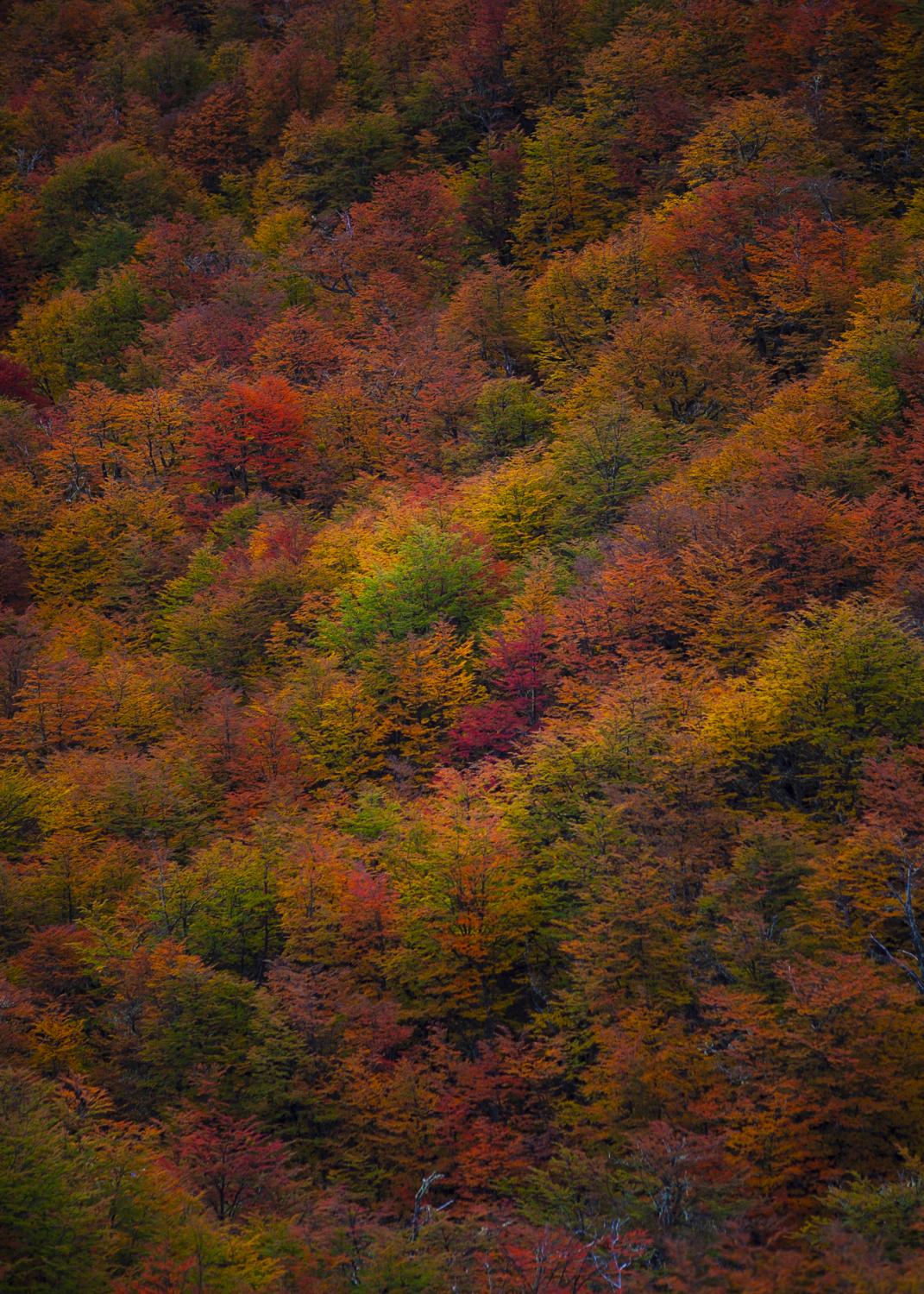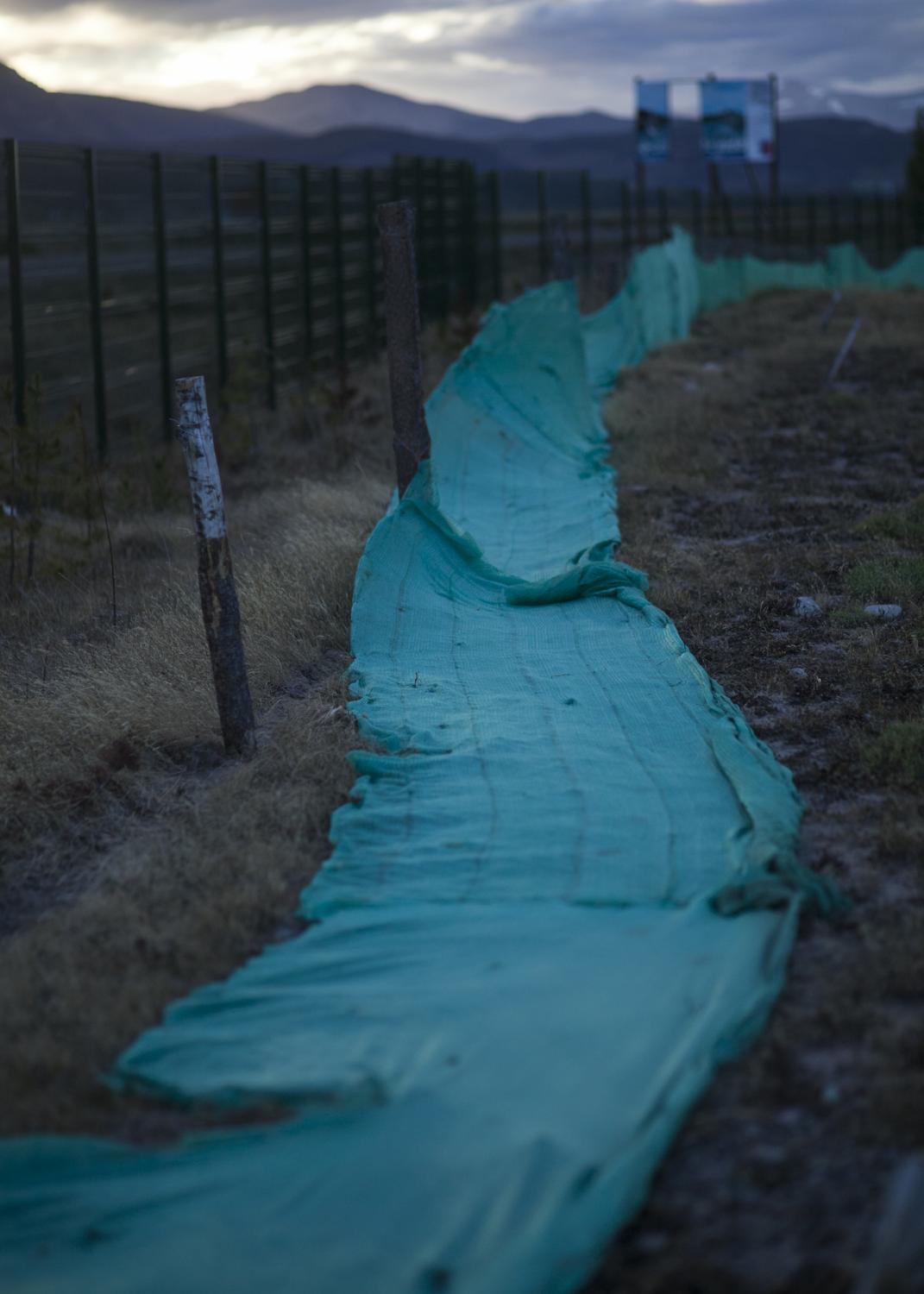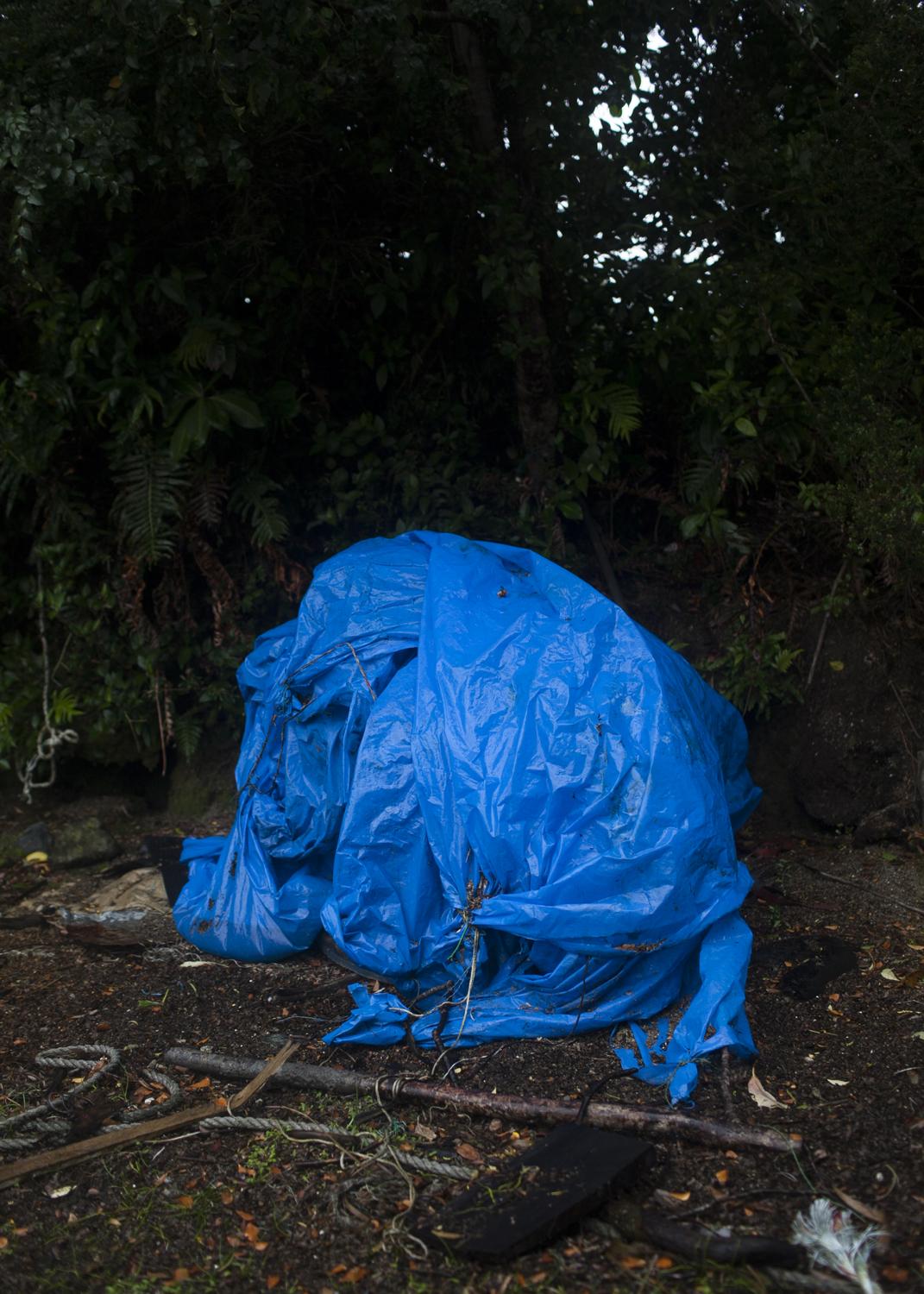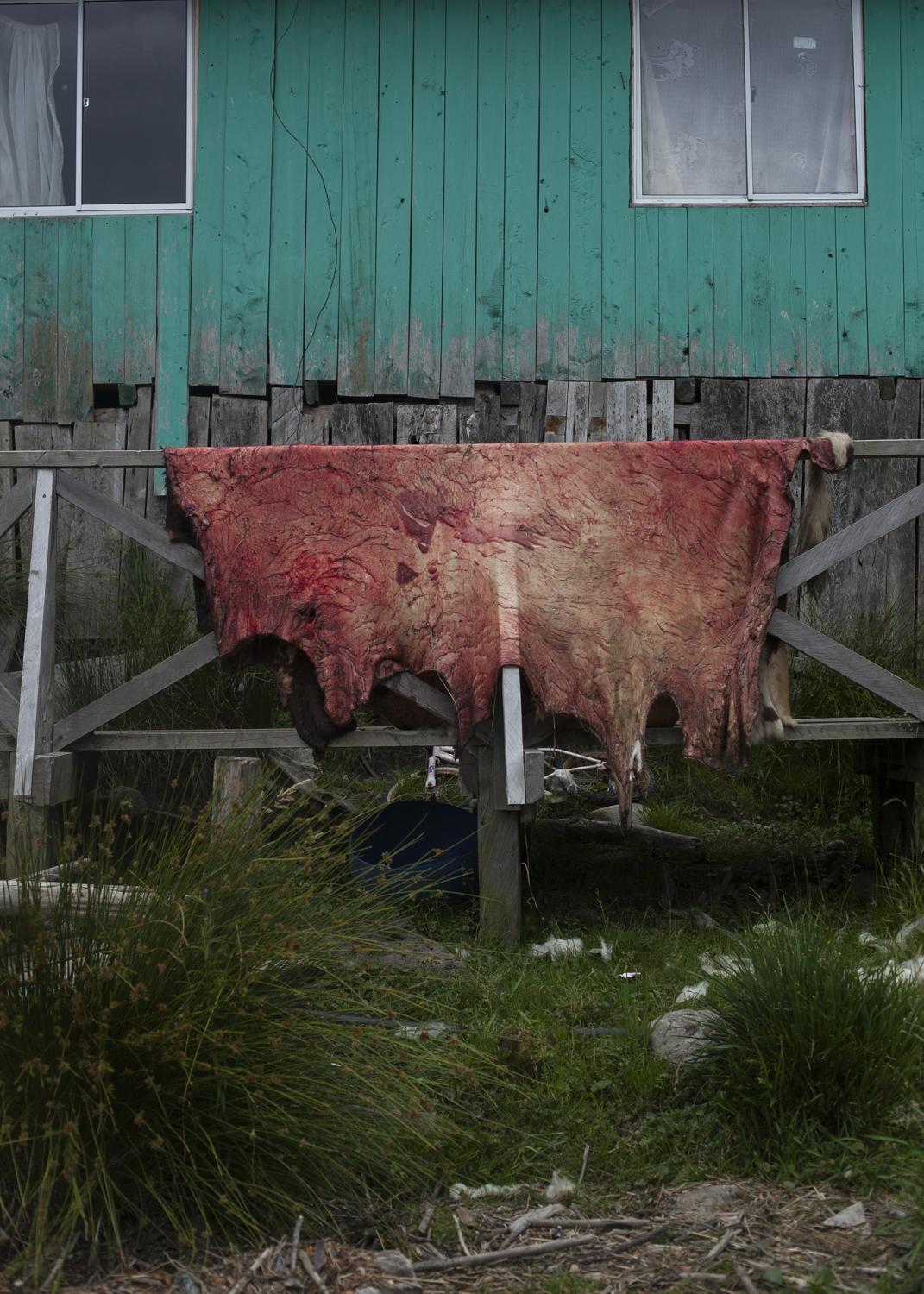La Otra Nación
(2012-2016)
(English below)
La Otra Nación es un proyecto fotográfico que busca llamar la atención sobre paisajes y objetos que suelen ser ignorados o pasados por alto en la región de la Patagonia chilena. A través de las imágenes, se pretende destacar lugares y espacios que a menudo son opacados por las postales turísticas que se generan en la zona.
El proyecto tiene un enfoque especial en los territorios y lugares político-sociales que fueron habitados por pueblos originarios en la Patagonia chilena. A través de los objetos y su relación con el paisaje, se intenta mostrar la relevancia del habitante y colonizador de la región a lo largo del tiempo, y cómo esto ha afectado la configuración actual de la zona.
Aunque algunos de los lugares que se retratan en La Otra Nación podrían considerarse turísticos, el punto de vista del proyecto ofrece una sensación de novedad y extrañeza que permite apreciar estos lugares desde una perspectiva distinta. En resumen, La Otra Nación es una invitación a descubrir la riqueza y diversidad de la Patagonia chilena desde una mirada diferente y menos convencional.
The Other Nation
(2012-2016)
The Other Nation is a photographic project that seeks to draw attention to landscapes and objects that are often ignored or overlooked in the Chilean Patagonia region. Through the images, it aims to highlight places and spaces that are often overshadowed by the tourist postcards that are generated in the area.
The project has a special focus on the territories and political-social places that were inhabited by native peoples in Chilean Patagonia. Through the objects and their relationship with the landscape, it attempts to show the relevance of the inhabitant and colonizer of the region over time, and how this has affected the current configuration of the area.
Although some of the places portrayed in The Other Nation could be considered touristy, the project's point of view offers a sense of novelty and strangeness that allows us to appreciate these places from a different perspective. In short, The Other Nation is an invitation to discover the richness and diversity of Chilean Patagonia from a different and less conventional point of view.
(2012-2016)
(English below)
La Otra Nación es un proyecto fotográfico que busca llamar la atención sobre paisajes y objetos que suelen ser ignorados o pasados por alto en la región de la Patagonia chilena. A través de las imágenes, se pretende destacar lugares y espacios que a menudo son opacados por las postales turísticas que se generan en la zona.
El proyecto tiene un enfoque especial en los territorios y lugares político-sociales que fueron habitados por pueblos originarios en la Patagonia chilena. A través de los objetos y su relación con el paisaje, se intenta mostrar la relevancia del habitante y colonizador de la región a lo largo del tiempo, y cómo esto ha afectado la configuración actual de la zona.
Aunque algunos de los lugares que se retratan en La Otra Nación podrían considerarse turísticos, el punto de vista del proyecto ofrece una sensación de novedad y extrañeza que permite apreciar estos lugares desde una perspectiva distinta. En resumen, La Otra Nación es una invitación a descubrir la riqueza y diversidad de la Patagonia chilena desde una mirada diferente y menos convencional.
The Other Nation
(2012-2016)
The Other Nation is a photographic project that seeks to draw attention to landscapes and objects that are often ignored or overlooked in the Chilean Patagonia region. Through the images, it aims to highlight places and spaces that are often overshadowed by the tourist postcards that are generated in the area.
The project has a special focus on the territories and political-social places that were inhabited by native peoples in Chilean Patagonia. Through the objects and their relationship with the landscape, it attempts to show the relevance of the inhabitant and colonizer of the region over time, and how this has affected the current configuration of the area.
Although some of the places portrayed in The Other Nation could be considered touristy, the project's point of view offers a sense of novelty and strangeness that allows us to appreciate these places from a different perspective. In short, The Other Nation is an invitation to discover the richness and diversity of Chilean Patagonia from a different and less conventional point of view.
